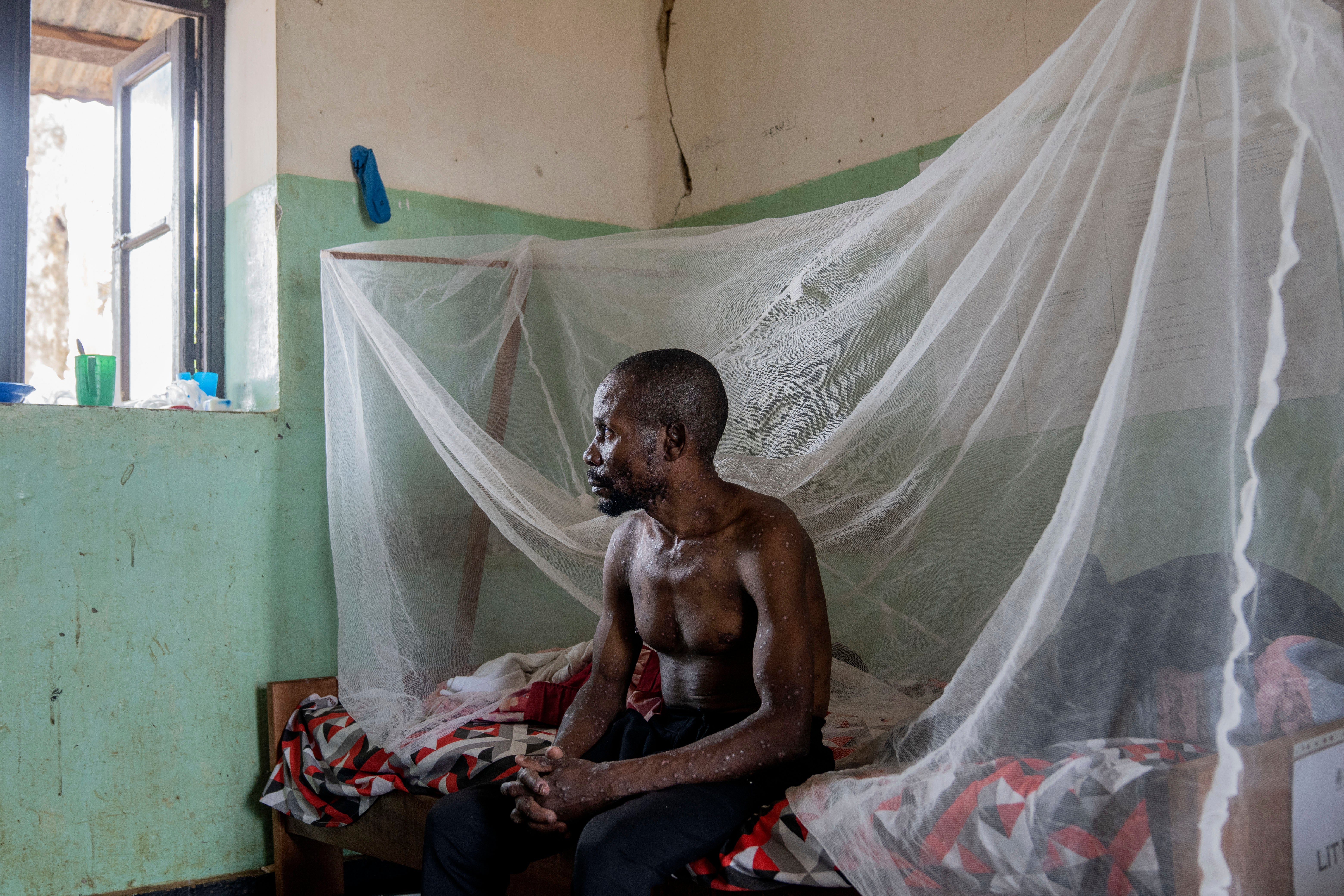Congo government says it’s ‘on alert’ over mystery killer disease
Infected people reported flu-like symptoms

Your support helps us to tell the story
From reproductive rights to climate change to Big Tech, The Independent is on the ground when the story is developing. Whether it's investigating the financials of Elon Musk's pro-Trump PAC or producing our latest documentary, 'The A Word', which shines a light on the American women fighting for reproductive rights, we know how important it is to parse out the facts from the messaging.
At such a critical moment in US history, we need reporters on the ground. Your donation allows us to keep sending journalists to speak to both sides of the story.
The Independent is trusted by Americans across the entire political spectrum. And unlike many other quality news outlets, we choose not to lock Americans out of our reporting and analysis with paywalls. We believe quality journalism should be available to everyone, paid for by those who can afford it.
Your support makes all the difference.Authorities on Thursday said the government in Congo is on alert over a mystery flu-like disease that in recent weeks killed dozens of people, nearly half of which were children.
Authorities have so far confirmed 71 deaths, including 27 people who died in hospitals and 44 in the community in the southern Kwango province, health minister Roger Kamba said.
“The Congolese government is on general alert regarding this disease,” Kamba said, without providing more details.
Of the victims at the hospitals, 10 died due to lack of blood transfusion and 17 as a result of respiratory problems, he said.
Epidemiological experts are in the region to take samples and investigate the disease, the health minister said.
Infected people had flu-like symptoms, including high fever and severe headaches, Remy Saki, deputy governor of Kwango province, and Apollinaire Yumba, provincial minister of health, said on Monday.
A medical team has been sent to the Panzi health zone to collect samples and carry out an analysis in order to identify the disease.
Congo is already plagued by the mpox epidemic, with more than 47,000 suspected cases and over 1,000 suspected deaths from the disease in the Central African country, according to the World Health Organization.

In October this year the first UK case of a potentially deadly strain of the mpox virus was detected in London.
The UK Health Security Agency (UKHSA) said the risk to the UK population from the clade 1b mpox strain “remains low”.
The person involved had been on holiday in Africa and travelled back to the UK on an overnight flight on 21 October.
They developed flu-like symptoms more than 24 hours later and, on 24 October, started to develop a rash which worsened in the following days.
The person attended an emergency department in London on 27 October, where they were swabbed, tested and sent home to isolate while waiting for the results.
Mpox only spreads between people when there is close contact.
Clade 1b mpox has been widely circulating in the Democratic Republic of Congo (DRC) in recent months and there have been cases reported in Burundi, Rwanda, Uganda, Kenya, Sweden, India and last week in Germany.
Join our commenting forum
Join thought-provoking conversations, follow other Independent readers and see their replies
Comments